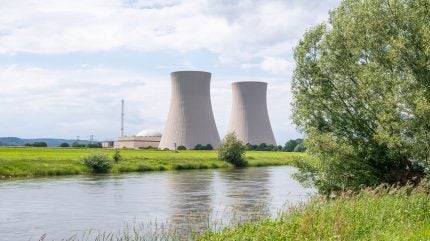
Vietnam and Russia have reportedly come to a consensus to accelerate discussions regarding the establishment of nuclear power facilities in Vietnam.
The South East Asian country is reviving its nuclear energy initiatives, which were put on hold nearly a decade ago, reported Reuters.

Discover B2B Marketing That Performs
Combine business intelligence and editorial excellence to reach engaged professionals across 36 leading media platforms.
“The development of the plants with advanced technology will strictly be compliant with nuclear and radiation safety regulations and for the benefit of socio-economic development,” they said in the statement.
The move is said to be part of Vietnam’s plan to increase its electricity generation capacity to accommodate its economy growth.
The Vietnamese Government has projected that the initial nuclear power plants (NPPs), with a combined output of up to 6.4GW, could become operational between 2030 and 2035.
The revival of these initiatives signifies a notable change in the nation’s energy strategy.

US Tariffs are shifting - will you react or anticipate?
Don’t let policy changes catch you off guard. Stay proactive with real-time data and expert analysis.
By GlobalDataEarlier this year, the Vietnamese administration indicated its desire to engage with various international partners concerning nuclear energy projects.
These partners include Russia, Japan, South Korea, France and the US.
In addition to the nuclear projects, Russia and Vietnam have agreed to enhance cooperation in the oil and gas industries, according to the news agency.
This includes plans for the delivery of Russian crude oil and liquefied natural gas to Vietnam.
The agreement also highlights the shared objective of facilitating the growth of energy companies from both countries within each other’s markets.
Last month, Vietnam revealed plans to enhance its electricity generation capacity by 2030, prioritising renewable energy and reintroducing nuclear power in its updated national energy plan, which allocates $136.3bn for investment.





